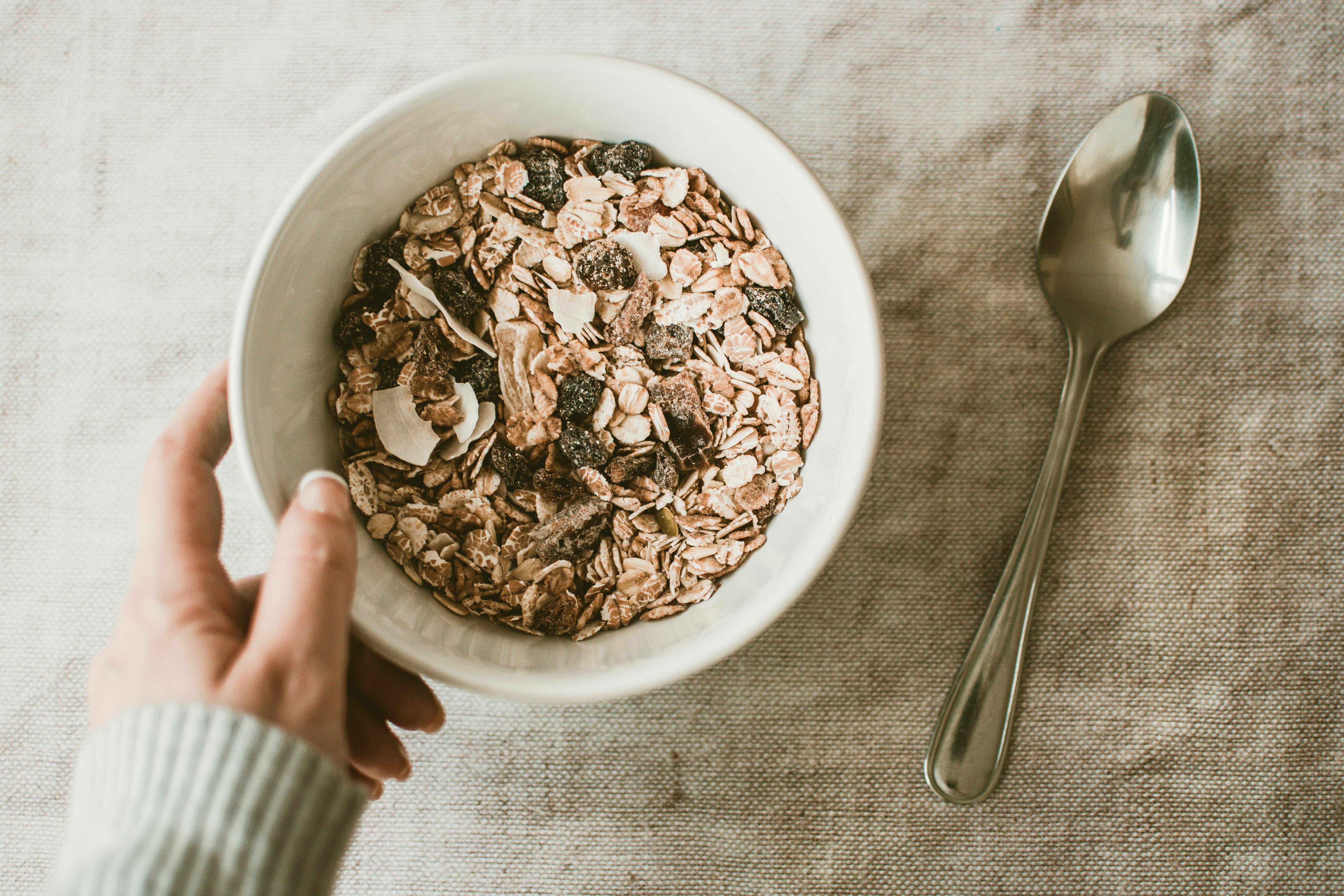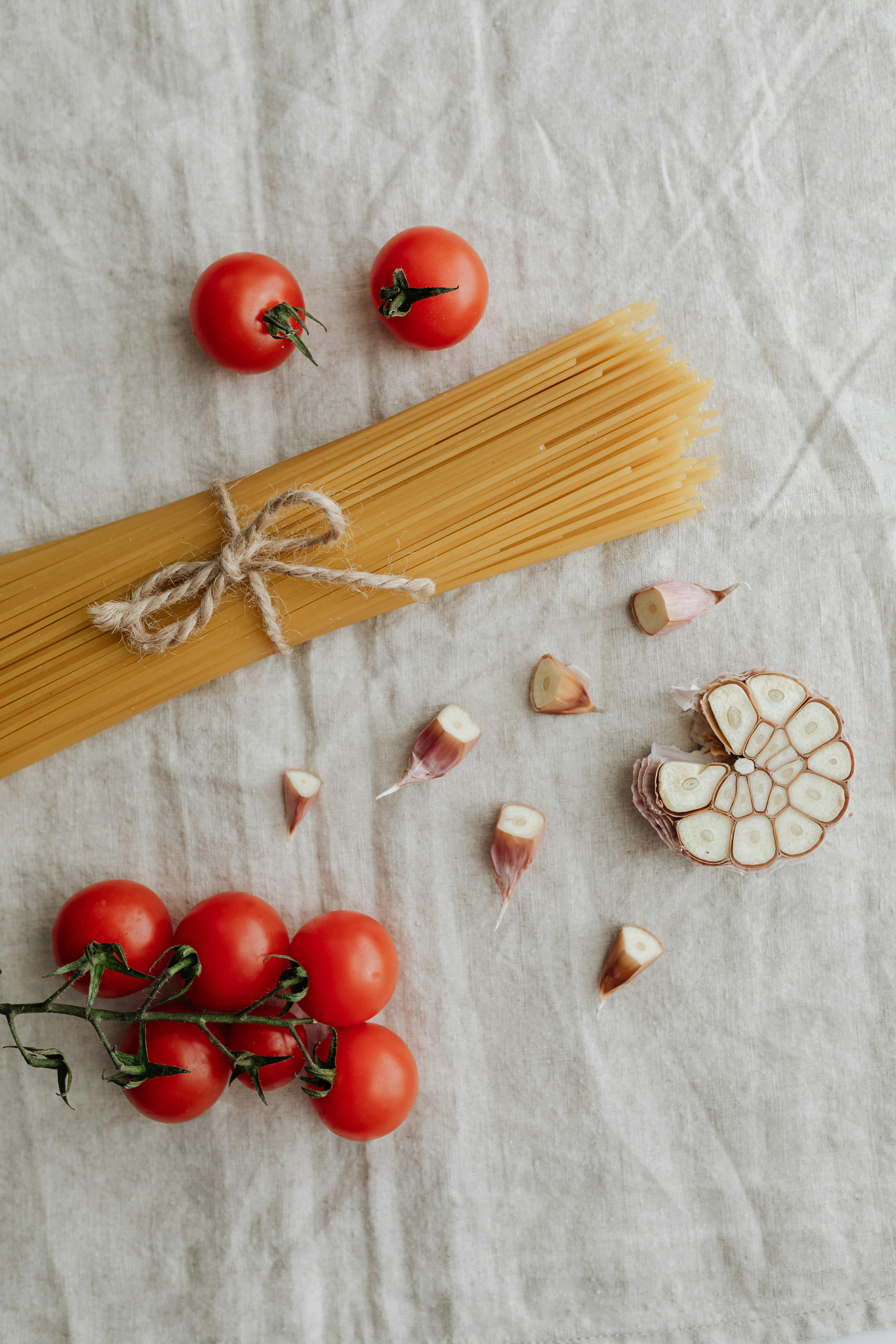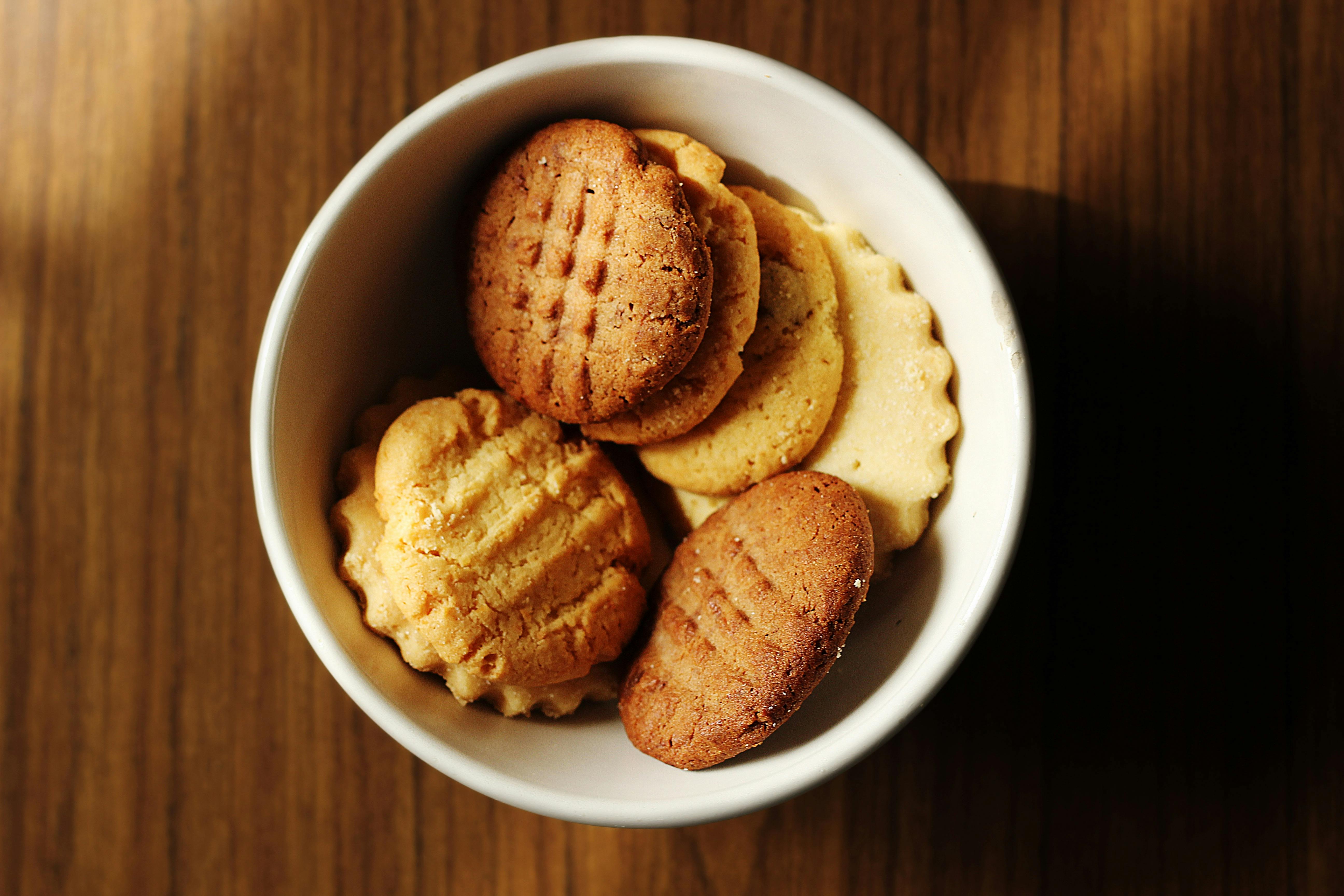
Guidelines for a Practical Post-Colonoscopy Diet: Essential Steps for 2025 Success
Undergoing a colonoscopy is a vital procedure for maintaining digestive health. After such a procedure, it’s crucial to implement a practical post-colonoscopy diet that not only facilitates recovery but also promotes overall well-being. A well-planned diet can ensure that your digestive system returns to normal quickly. This article will cover what foods to eat after your colonoscopy, hydration tips, and how to avoid potential discomfort, setting the stage for a successful recovery.
By following these guidelines, you’ll learn about essential nutrients, the importance of hydration, and the right balance of fibers for digestive health. We will also explore meal ideas and easy-to-digest food options that will not only satisfy your hunger but also promote healing. Ready to dive into your post-procedure nutrition plan? Let’s get started!
Essential Foods to Include in Your Post-Colonoscopy Diet
After a colonoscopy, your body needs gentle yet nutritious foods to support recovery. Initially, focusing on easy-to-digest foods is key to prevent digestive discomfort. The primary foods to consume include:
Clear Liquids and Soft Foods
Beginning your post-colonoscopy diet with clear liquids is essential. Broths, herb-infused teas, and electrolyte drinks help ensure you stay hydrated. As you transition, soft foods such as applesauce, yogurt, and scrambled eggs can provide necessary nutrients without overburdening your digestive system. These options are not only easy to digest but also offer a comforting texture.
Protein-Rich Options
Choosing protein-rich foods helps in tissue repair and recovery. Options like grilled chicken, baked fish, and scrambled eggs provide essential proteins. Not only do they support your body’s healing process, but they are also gentle on the stomach, making them ideal for a sensitive digestive system after the procedure. Portion control can help you avoid feeling overwhelmed.
Hydration: The Key to Recovery
Staying hydrated is of utmost importance following a colonoscopy. Incorporate high-hydrating foods into your diet, such as smoothies with fruits like bananas and leafy greens, or refreshing soups. Remember, hydration aids in digestion and helps in alleviating constipation – a common concern during recovery. Aim for electrolyte drinks to replenish lost fluids.
Smart Snacking Ideas for Colonoscopy Recovery
After your procedure, you may find yourself hungry but unsure of what is appropriate to eat. Mindful snacking can keep your energy levels stable while adhering to digestive health guidelines.
Choosing Gentle Foods
When snacking, opt for easy-to-digest options such as bananas, oatmeal, and mashed potatoes. These foods are not only soft but also provide the necessary nutrients your body craves during this time. Avoiding heavy meals is vital; instead, focus on smaller, frequent snacks to support your recovery and energy levels.
Incorporating Probiotics
Probiotics can be beneficial in restoring gut flora after a colonoscopy. Foods like yogurt and prebiotic foods such as cooked vegetables or legumes can help in supporting digestive health. Including these in your diet will not only promote recovery but also assist in managing any post-procedure discomfort.
Meal Plan Ideas Post-Colonoscopy
Implementing a structured meal plan will facilitate recovery and help you monitor your food intake effectively. Here’s a simple meal plan to guide you:
- Breakfast: Scrambled eggs with a side of applesauce.
- Lunch: Grilled chicken with rice and steamed carrots.
- Dinner: Baked fish served with mashed potatoes and a side of cooked spinach.
- Snacks: Yogurt, smoothies, or soft fruits.
Avoiding Foods That May Cause Discomfort
While focusing on what to eat, it’s equally important to know which foods to avoid to enhance your recovery experience. Some common dietary restrictions after a colonoscopy include:
Heavy and Processed Foods
Avoiding heavy meals and processed foods can significantly reduce discomfort. Foods high in fat or rich in spices can irritate your system during recovery. Sticking with bland foods will help in eliminating the risk of gastrointestinal distress.
Dairy and High-Fiber Foods
While fiber is crucial for digestive health, right after a colonoscopy, aim for low-fiber foods. High-fiber foods may lead to bloating and should be gradually reintroduced into your diet. Additionally, if you are lactose intolerant, it’s wise to avoid dairy until your body says otherwise, opting for lactose-free options instead.
Mindful Eating Practices
Implementing mindful eating strategies can greatly enhance your recovery process. Listen to your body’s hunger cues and avoid overeating, which can lead to discomfort. Pay attention to portion sizes and experiment with gentle foods that promote gut health.
Fostering Digestive Health Through Nutrition
Your diet after a colonoscopy is vital for promoting overall digestive health. Incorporating a balanced array of nutrients can enhance well-being in the long term.
Incorporating Whole Grains
Once you progress beyond the initial recovery phase, consider including whole grains in your diet. Foods like oatmeal and pasta provide necessary fiber while being easier on the stomach. Gradually increasing your fiber intake can also support gastrointestinal function.
Healthy Fats and Antioxidants
Incorporating healthy fats from sources such as avocados and nuts can help reduce inflammation. Additionally, focusing on fruits and vegetables high in antioxidants can further support speedy recovery.
Monitoring Your Body’s Response
As you reintroduce different foods, monitor your body’s response to new items. This adaptive approach can help you identify what strengthens your digestive health and what may cause discomfort. Remember, gradual dietary changes with attentive observation will lead to a more successful post-colonoscopy recovery.
FAQs on Post-Colonoscopy Diet
Will I be hungry after a colonoscopy?
It’s common to feel some hunger after the procedure, especially if you’re on a restricted diet beforehand. However, it's essential to start with gentle foods to avoid any discomfort.
What if I experience constipation after a colonoscopy?
Constipation is a common issue during recovery. To alleviate this, focus on hydration, gentle foods like prunes or oatmeal, and incorporate topical digestive aids as necessary.
Are there any foods I should absolutely avoid?
Yes, avoid heavy meals, high-fiber foods, and dairy products immediately after your procedure until you understand how your body is reacting to post-colonoscopy nutrition.

In conclusion, following a practical post-colonoscopy diet with a focus on gentle, nourishing foods is crucial for a smooth recovery. By incorporating hydration, protein-rich foods, and mindful eating practices, you can ensure you are on the right path toward optimal digestive health.

For further details regarding post-colonoscopy meal planning and nutrition tips, check out more on diet recommendations here and explore additional resources on healthy eating strategies here.